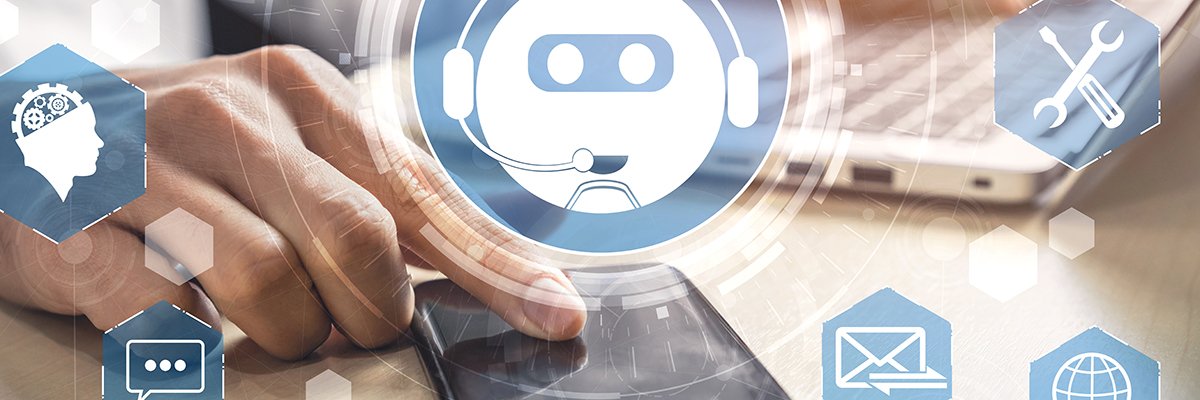[ad_1]
Regulation enforcement businesses throughout the nation are dealing with a staffing disaster. In accordance with a latest survey by the Police Executive Research Forum, 63% of police departments reported a lower in functions for sworn positions previously 5 years, whereas 29% reported a rise in resignations and retirements. The explanations for this decline are advanced and multifaceted, starting from low pay and morale to unfavourable public notion and elevated scrutiny. The implications, nonetheless, are clear: diminished capability, elevated workload and compromised public security.
The potential of automated license plate recognition techniques
ALPR techniques are computer-controlled digicam techniques that may robotically seize and analyze license plate photographs from automobiles that move inside their view. The pictures are then transformed into alphanumeric characters utilizing optical character recognition, and in comparison with databases of automobiles of curiosity, resembling stolen vehicles, needed suspects or lacking individuals. If a match is discovered, the system can alert the officers in actual time, offering them with related info and actionable intelligence, resembling the situation, route and pace of the car, the identification and felony historical past of the proprietor or driver, and any excellent warrants or alerts related to them. This may also help the officers to rapidly find and apprehend the suspects, forestall or remedy crimes, and get better stolen property.
ALPR techniques also can make the most of archived knowledge from the true time crime middle (RTCC) databases to offer insights for investigators on chilly instances. RTCCs are centralized places that collect, analyze, and share knowledge from numerous sources, resembling safety cameras, gunshot detection techniques, automated license plate readers, social media monitoring, computer-aided dispatch techniques and felony databases. By accessing the RTCC databases, ALPR techniques may also help investigators to trace the actions and associations of automobiles and suspects over time, establish patterns and developments and generate leads and proof for fixing crimes. This may enhance the clearance charges and case solvability of regulation enforcement businesses, in addition to improve their accountability and transparency.
The function of civilian knowledge analysts
ALPR techniques are highly effective instruments for regulation enforcement, however they don’t seem to be good. They’ll typically produce errors, resembling misreading a license plate, failing to detect a plate, or matching a plate to the improper car. They’ll additionally elevate moral and authorized considerations, resembling privateness violations, knowledge breaches or misuse of information. Due to this fact, ALPR techniques want human oversight, upkeep and evaluation to make sure their accuracy, reliability and compliance with legal guidelines and insurance policies.
That is the place civilian knowledge analysts are available. Civilian knowledge analysts are non-sworn personnel who’ve specialised abilities in knowledge assortment, processing and interpretation. They’ll play a twin function within the ALPR ecosystem: driving outfitted ALPR vehicles to collect knowledge on the sphere and verifying and analyzing the info within the Actual Time Crime Heart (RTCC).
By utilizing machine studying (ML) strategies, resembling clustering, classification and anomaly detection, civilian knowledge analysts also can improve the info insights and optimize the ALPR efficiency. ML strategies may also help the analysts to establish patterns and developments, detect outliers and anomalies and enhance the accuracy and pace of the ALPR system. By doing so, they’ll successfully multiply the company’s capability with minimal workers, lowering the workload and strain on the sworn officers.
By offering well timed and correct info to sworn officers, civilian knowledge analysts can help the regulation enforcement mission and improve public security and safety. They may also help the officers to rapidly find and apprehend suspects, forestall or remedy crimes and get better stolen property. They’ll additionally assist the officers to adjust to the authorized and moral requirements of utilizing ALPR knowledge, resembling acquiring warrants, deleting irrelevant knowledge and defending knowledge from unauthorized entry.
Case research and concerns
ALPR techniques have turn into extra superior and ubiquitous, due to the speedy growth of synthetic intelligence and laptop imaginative and prescient. ALPR techniques can now seize and analyze license plates in numerous situations, resembling low gentle, rain, snow or fog. They’ll additionally acknowledge license plates from completely different nations, areas and codecs, in addition to distinguish between similar-looking characters, resembling O and 0, or I and 1. ALPR techniques also can combine with different sources of information resembling facial recognition, biometric identification, car registration, felony information and social media profiles to offer a complete image of the car and its occupants.
Think about how a regulation enforcement company that has carried out ALPR techniques and employed a workforce of civilian knowledge analysts to help them are more likely to see constructive outcomes, resembling elevated restoration of stolen automobiles, identification of suspects and clearance of instances. The civilian analysts are in a position to drive across the metropolis in ALPR vehicles, scanning license plates and gathering GPS places and time stamps. Additionally they monitor and validate the ALPR alerts within the Actual Time Crime Heart (RTCC), filtering out false positives and figuring out patterns and developments. Additional they use ML algorithms to group automobiles by similarity, classify automobiles by threat stage and detect anomalies or outliers. For instance, the advances point out they’ll use clustering algorithms to search out automobiles that regularly journey collectively, indicating attainable felony associations. They’ll use classification algorithms to assign a threat rating to every car, based mostly on elements resembling earlier offenses, excellent warrants, or suspicious conduct. They’ll use anomaly detection algorithms to establish automobiles that deviate from their regular routes, places, or instances, indicating attainable threats or emergencies.
Additionally they present coaching and technical help to officers on the way to use ALPR techniques successfully. For instance, they’ll educate officers the way to interpret the ALPR knowledge, the way to entry extra info sources and the way to use the ALPR system as an investigative device.
Nonetheless, the company additionally faces some challenges in integrating civilian knowledge analysts into its ALPR workflows. The company wants to make sure that civilian analysts have the mandatory {qualifications}, background checks and safety clearances to deal with delicate knowledge. This will require the company to undertake stricter requirements and protocols for hiring, coaching, and certifying civilian analysts, in addition to for shielding, storing and sharing the ALPR knowledge. It additionally wants to offer them with ample coaching, supervision and suggestions to make sure high quality and consistency. This will contain establishing clear roles and tasks, efficiency indicators and analysis strategies to watch and enhance the civilian analysts’ work. The information analysts should be capable of convey to officers the effectivity of ALPR techniques, how the info is interpreted, how the data sources are accessed and any technical questions which can come up for courtroom testimony.
A technique to do that is to have common classes the place civilian analysts and sworn officers alternate data and finest practices on utilizing ALPR techniques and ML strategies. This may additionally foster a tradition of collaboration and belief between the 2 teams, in addition to handle any potential problems with function ambiguity, battle or resentment. For instance, the civilian analysts can share their insights and solutions on the way to enhance the ALPR system, whereas the sworn officers can present suggestions and steering on the way to use the ALPR knowledge successfully and ethically. This may additionally create a way of mutual respect and appreciation, in addition to improve the communication and coordination between the 2 teams.
Leverage the ability of know-how
ALPR techniques are a robust device for regulation enforcement. Civilian knowledge analysts can complement the abilities of sworn officers, offering them with priceless insights and intelligence that may improve their operations and effectivity. The mixing of ALPR techniques and civilian knowledge analysts into regulation enforcement businesses can present a robust resolution to the present staffing disaster. By using superior know-how and the experience of civilian analysts, regulation enforcement businesses can improve their operations, improve effectivity and enhance public security. Nonetheless, cautious consideration have to be given to the moral implications of utilizing AI in regulation enforcement, together with problems with privateness, accountability and bias. Consideration should even be given to the processing of digital proof, courtroom testimony and finest practices. It’s essential for regulation enforcement businesses to determine clear protocols and tips for using ALPR techniques and the mixing of civilian analysts into their workflows. By doing so, regulation enforcement businesses can successfully leverage the ability of know-how whereas sustaining the belief and confidence of the communities they serve. Within the upcoming articles of this collection, we’ll discover some moral points, resembling privateness, accountability, and bias in addition to proof and knowledge integrity.
[ad_2]
Source link





